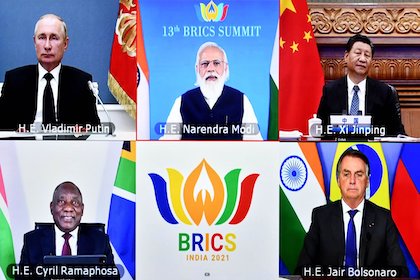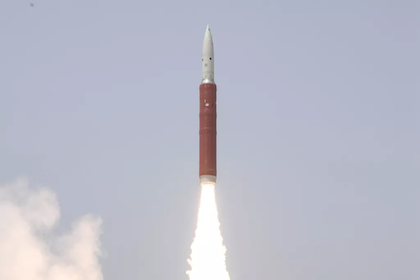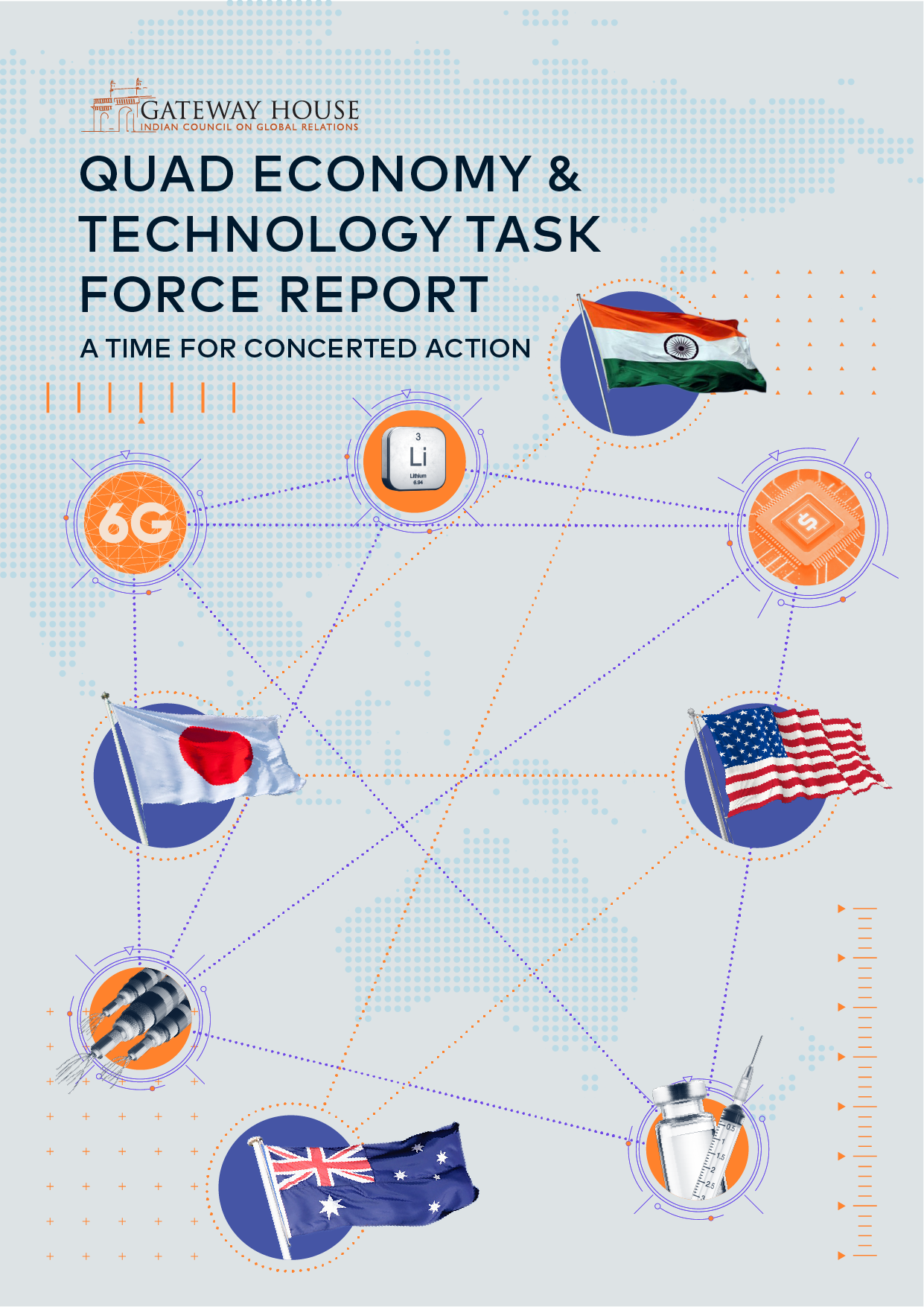The Quad’s planetary goals
The highly space-capable Quad powers have agreed to share their respective satellite datasets for monitoring climate change, disasters and the use of natural resources. With global security encompassing armed confrontation to environmental damage, the Quad’s planetary collaboration will go a long way in protecting the green and blue environment.










